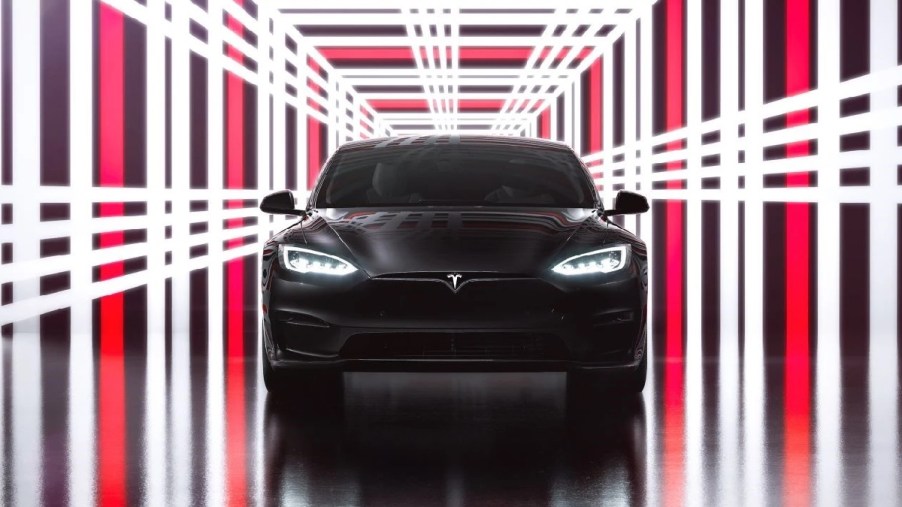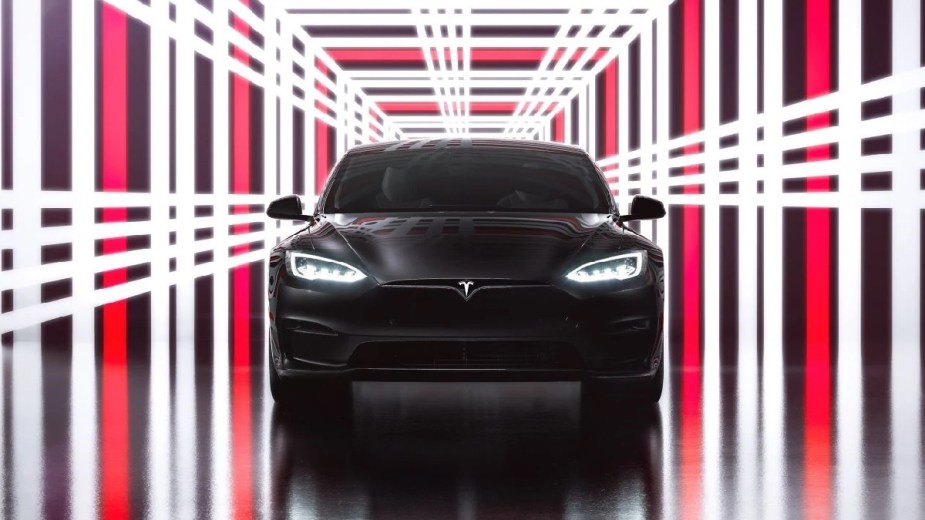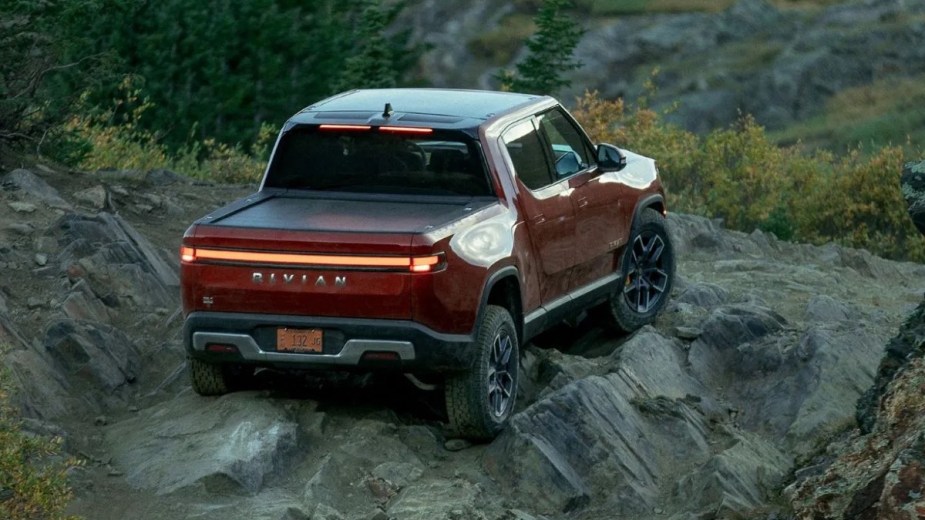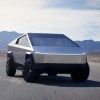
Why Do ‘Car Guys and Girls’ Hate Electric Cars?
EVs are the wave of the future, and they are increasing in popularity. However, there is a significant segment of the population that hates electric cars. Much of this hate comes from “car guys and girls” — or passionate automotive enthusiasts. Let’s explore why these car enthusiasts have very negative opinions about EVs.
Misunderstandings about EVs

First off, we’re not here to “talk smack” about “car guys and girls.” They are a big part of our audience, and we thank them for their viewership. However, if you’ve ever read the comment section of articles or social media posts about electric cars, predictably, you’ll often find derisively negative (and sometimes toxic) comments from rapid car enthusiasts.
Frequently, this hatred is due to misunderstandings about EVs. One of these misconceptions is that electric cars are weak for performance — little more than glorified golf carts. This is likely born from the earlier days of EVs — when electric cars were not as advanced, as detailed by Sharp. However, now, many electric cars are superior to gas-powered cars for performance. With the instantaneous torque from electric motors, EVs deliver quick acceleration that most gas-powered cars can’t match.
Another criticism of electric cars from automotive enthusiasts is the relatively low driving range. For many, there’s a perception that drivers of EVs often get stranded as the cars run out of battery power. However, this rarely happens. The range of today’s electric cars is adequate for most drivers. In fact, some drivers with home chargers will go for many months without ever having to use a charging station while on the road. Also, the range of EVs is continuously improving — and with advancements in battery and charging technology, it might surpass that of gas-powered cars in the future.
Also, many “car guys and girls” incorrectly think that electric cars are prone to fires. This is probably because of some highly publicized electric car fires, such as the Chevy Bolt EV. However, as studies have shown, electric cars actually catch fire considerably less than gas-powered cars.
Hate for EVs due to a perceived threat to the ‘identity’ of car enthusiasts
For many automotive enthusiasts, their strong feelings and passions go beyond specific car models. For them, cars are a way of life and form a major part of their identity. And with the rising tide of the EV wave, many perceive a threat to their way of life — and a challenge to their identity.
It’s as if the EV wave will come crashing down on them and take away their sense of self. This is called “self-identity threat,” as detailed in the Journal of Environmental Psychology. With the resulting insecurity from a diminished identity, “car guys and girls” direct their hate toward EVs.
Fear of change and the unknown
For some car enthusiasts, the hatred toward EVs is due to the fear of change and the unknown. Fear of change and the unknown can confuse the brain and result in negative behavior, as covered by the BBC. People often fear the unknown and “different” things much more than what’s familiar to them — even when the familiar poses a much greater danger.
I’ve experienced this firsthand countless times throughout my life. I have an extensive international career, with work and travel to many countries. By far and away, the most frequent comment that I get from other Americans regarding my international travels is how they think these countries are dangerous and crime-ridden. And they’ll say this despite the fact that most of these countries that I’ve traveled to are safer and have a lower violent crime rate than the United States.
With EVs, it’s a similar phenomenon. Electric cars are something that’s different and unknown for automotive enthusiasts that are accustomed to thinking that the internal combustion engine is the only way to go. Perhaps, in 20 years, when electric cars will likely be more common than gas-powered ones, this fear of change and the unknown will dissipate.
Some car enthusiasts think of electric cars as vehicles for only liberals
Without delving too deeply into political waters, an additional reason for automotive enthusiasts’ hatred toward EVs is that some think of them as cars that only liberals drive. As covered by Car and Driver, the majority of automotive enthusiasts are conservatives and right-wingers. While this political leaning is not always the case, it significantly skews in this direction.
The push behind building more electric cars is the need to reduce carbon emissions and the negative effects of climate change. Since liberals tend to favor policies that protect the environment, they are a big part of the customer base for EVs. As a result, electric cars frequently draw the ire of conservative-leaning “car guys and girls.” Some even go to extreme lengths with this derision. This is exemplified by the bizarre “rolling coal” tactic of diesel-loving drivers “sticking it” to environmentalists.
That being said, conservatives are increasingly buying electric cars. They realize that EVs are not just eco-friendly vehicles — but also provide excellent performance and many other advantages.
Anger from ‘car guys and girls’ about EV mandates

With the need to address the climate change crisis, there are some government mandates for EVs. For example, California will require all new vehicles sold in the state to be all-electric or plug-in hybrid electric vehicles by 2035. These mandates don’t sit too well with car enthusiasts that love their gas-powered cars. This is especially the case for conservatives, who tend to be resistant to regulation and mandates.
Something to keep in mind, though, is that in “freedom-loving” America, resistance to mandates and regulation is much more extreme than in the rest of the world. In general, when weighing the “greater good for society” vs. individual rights and freedoms, the U.S. skews considerably more toward the latter — especially compared to Europe and other developed countries.
As a result, Americans tend to be more resistant to regulations compared to other countries. This is not just for the automotive industry but for many other things as well. For example, Europe has much stronger regulations for protecting the environment, people’s privacy, and health. So with this ingrained resistance to regulations, many American car enthusiasts are furious about the EV mandates. And they are angry about the possibility of not being able to drive their beloved gas-powered cars in the future.
As you can see, there are a variety of reasons why “car guys and girls” hate electric cars. This includes misunderstanding about EVs, a threat to their identity, fear of change and the unknown, thinking of EVs as cars for liberals, and anger over mandates.


